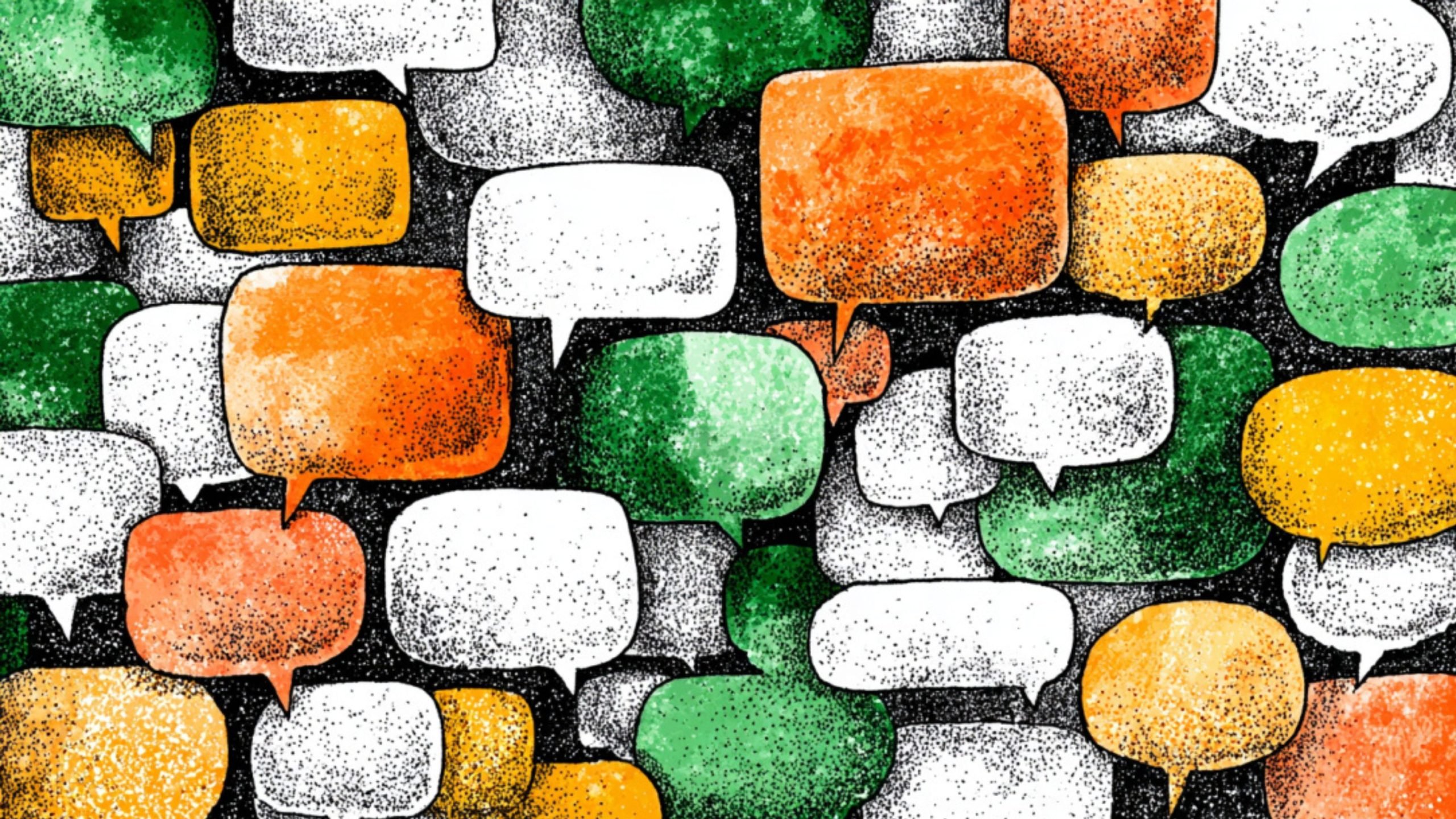Despite an avalanche of opposition from the public, the Irish government has pushed ahead with its controversial National Counter Disinformation Strategy, without conducting any evaluation of how such policies might restrict freedom of expression.
The plan, quietly released in April, follows a government-run consultation in late 2023 that revealed widespread rejection of the proposed measures. An independent review by Gript of all 470 responses submitted during that consultation found that 83 percent of participants were against the plan entirely. A similar majority raised concerns about threats to civil liberties, and four out of five said the entire scheme should be dropped.
None of that stopped the government from proceeding. Instead of reckoning with the criticism, officials simply published the strategy and presented it as a positive step in the fight against “disinformation,” a term that remains undefined and highly malleable.
When asked by Gript whether any internal analysis had been conducted to measure the potential impact on speech rights, the Department of Communications confirmed there had been none.
The strategy outlines plans to increase state-supported fact-checking, introduce “pre-bunking” campaigns to shape narratives before information spreads, and use online advertising tools to suppress content flagged as misleading. These efforts are to be coordinated through partnerships with NGOs, private tech platforms, media organizations, and state agencies, along with new laws to support enforcement.
At the time of the consultation’s launch in September 2023, then-Media Minister Catherine Martin said public input was important. “It is important to seek the views of the public… I would encourage people to…submit their views,” she stated.
People responded in large numbers, and they were overwhelmingly opposed.
Gript’s full breakdown found that only 11 percent of responses supported the government’s direction. Four percent were neutral or mixed, and another two percent were unclear or duplicate entries. Most of the support came from state-linked entities, including government departments, local authorities, publicly funded NGOs like the Hope & Courage Collective, and several universities.
Meanwhile, ordinary members of the public made up the vast majority of submissions. Many expressed frustration, distrust, and a belief that the government was attempting to control speech under the guise of protecting the public:
“Very dystopian.”
“The government should stay out of people’s lives, and stop pushing legislation no one wants or voted on.”
“Regulation of the media is already practiced in communist countries.”
“This principle is disgraceful. It’s an excuse for government censorship. It should be scrapped.”
“Disinformation is one of those contrived words which is at best ambiguous and can be molded to favour any argument.”
Some of those who supported efforts to combat “false” information still called for caution, warning that government-led messaging campaigns can easily cross the line into censorship.








